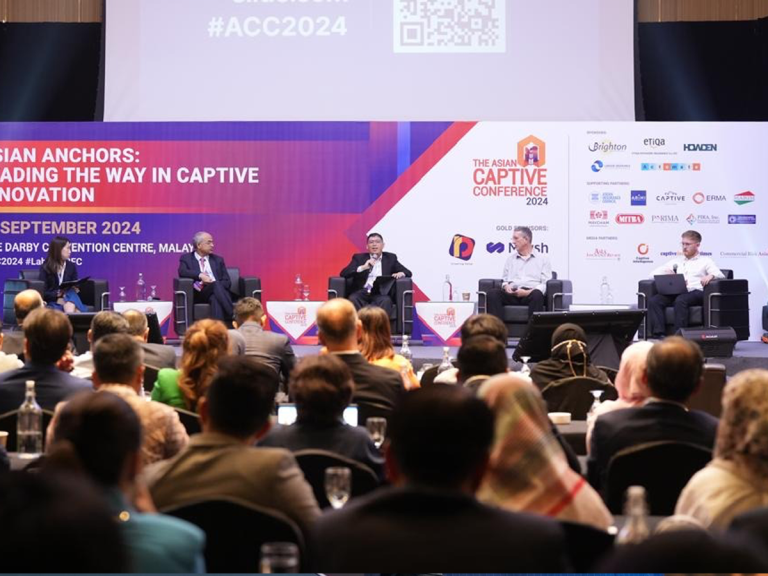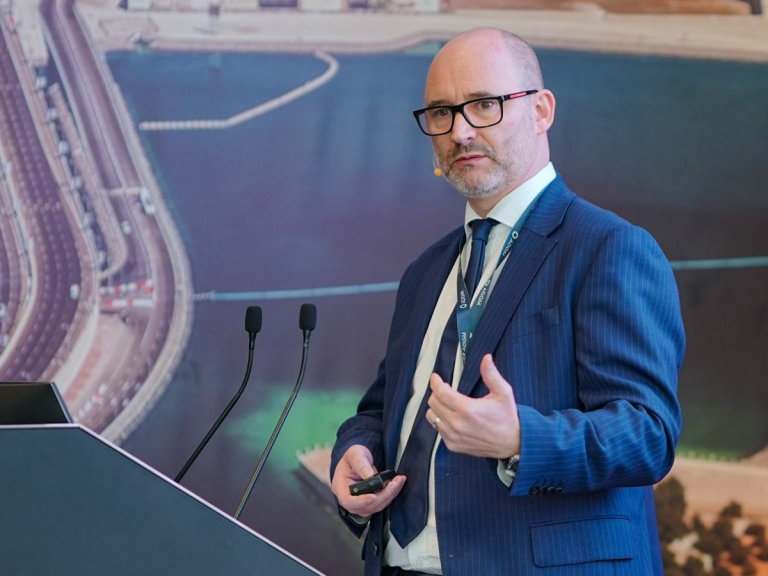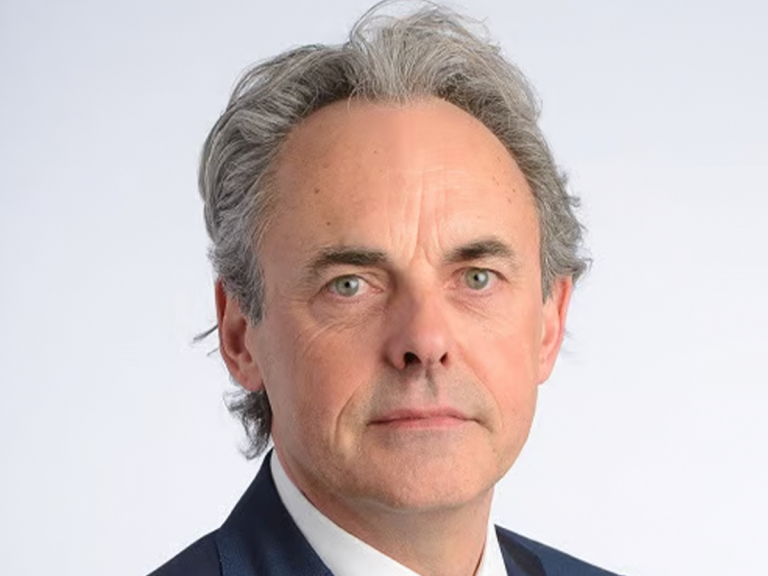There is enormous growth potential for captives in Asia, and China in-particular, according to Gloria Chan, senior manager of market development at the Hong Kong Insurance Authority.
Captive ownership among Chinese companies has historically fallen short compared regional peers in Asia, and utilisation trails even further behind many well-established captive jurisdictions in the United States and Europe.
Speaking on a panel at the Asia Captive Conference in Kuala Lumpur last month, Chan said that compared to Europe and the US, the idea of captives in Asia is at an “early stage”.
“But we see tremendous potential in this region, particularly China,” she said.
“If we look at the Fortune 500 companies, more than 100 of them are Chinese, but less that a dozen of them have captives.”
Chan said Chinese-owned captives have $86m of premium income on average.
“Once the captive concept is built within a Chinese enterprise, we are seeing them really make use of their captive,” she said.
Chan noted that in order to attract more captives to domicile in Hong Kong, the jurisdiction has relaxed some of its regulations.
“We have now allowed captives to outsource key functions to external service providers such as captive managers, depending on what the captive views appropriate,” she said.
Chan said that the jurisdiction has clarified the requirement that the chief executive of the captive must be based locally.
“We understand that some jurisdictions require the chief executive to be a permanent resident of jurisdiction,” she said.
In Hong Kong there is no requirement for the chief executive to hold permanent residency.
“In short, the chief executive needs to prove that he or she has a residential address in Hong Kong, or a working visa,” she said.
“With flexibility, we hope we can more suitably fit the needs of different sorts or captives.”

















